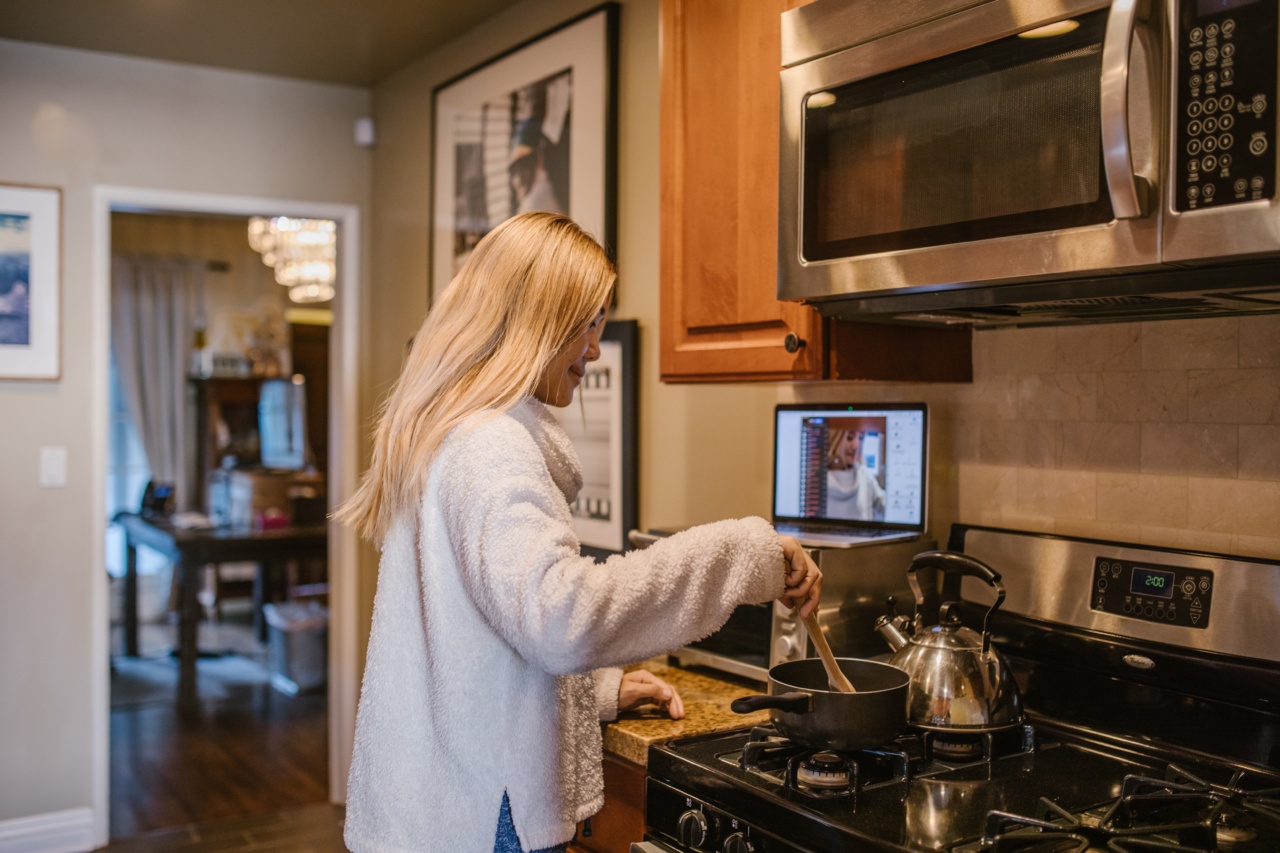When it comes to keeping your food fresh and safe to eat, you need to maintain your fridge and cooking areas. Here are 30 tips to keep your fridge and cooking safe:.
1. Clean your fridge regularly
It’s important to clean your fridge on a regular basis to ensure there are no bacteria or mold buildup that could affect the quality of your food. Wipe down the shelves, drawers, and inside walls with a disinfectant cleaner to keep them clean.
2. Store raw meat on the bottom shelf
Storing raw meat on the bottom shelf of your fridge helps prevent any juices that may leak from contaminating other foods.
3. Keep the temperature below 40°F
The temperature in your fridge should be kept below 40°F to help prevent the growth of bacteria and other harmful organisms.
4. Check expiration dates
Always check the expiration dates on your food before consuming it. Consuming expired food can lead to food-borne illness.
5. Use a meat thermometer
Using a meat thermometer can help you ensure that your meats are cooked to a safe temperature, reducing the risk of food-borne illness.
6. Keep your cooking area clean
Make sure your cooking area is clean and free of any bacteria or mold. Wipe down counters and appliances with a disinfectant cleaner before and after use.
7. Keep cutting boards separate
Use separate cutting boards for meat and other foods to help prevent cross-contamination.
8. Wash your hands
Wash your hands thoroughly before and after handling food.
9. Keep your fridge organized
Organizing your fridge can help keep it clean and prevent cross-contamination. Use separate drawers or shelves for meat, produce, and dairy products.
10. Use air-tight containers
Using air-tight containers to store your food can help keep it fresh and prevent contamination.
11. Don’t overcrowd your fridge
Overcrowding your fridge can cause pockets of warm air, which can lead to spoilage and contamination.
12. Don’t thaw food on the counter
Thawing food on the counter can lead to bacteria growth. Instead, thaw food in the fridge, microwave, or with cold water.
13. Clean your fridge after a power outage
If your fridge loses power for an extended period of time, clean it thoroughly to prevent the growth of bacteria and mold.
14. Follow cooking instructions
Make sure you follow cooking instructions on food packaging to ensure it is cooked to a safe temperature.
15. Store leftovers safely
Store leftovers in air-tight containers and make sure they are cooled to room temperature before placing them in the fridge. Never leave leftovers out for more than two hours.
16. Wash produce
Washing produce can help remove any bacteria that may be present.
17. Use a separate sponge for cleaning
Use a separate sponge or cloth for cleaning your cooking area to prevent spreading bacteria.
18. Use paper towels instead of dishcloths
Dishcloths can harbor bacteria, so it’s best to use paper towels for cleaning.
19. Don’t store food in opened cans
Food stored in opened cans can absorb the metal, which can be harmful to your health.
20. Use marinades safely
Marinating meat should always be done in the fridge to prevent bacteria growth.
21. Don’t cross-contaminate
Make sure to keep different types of food separate to prevent cross-contamination.
22. Use quality ingredients
Using quality ingredients can reduce the risk of food-borne illness.
23. Don’t eat raw cookie dough
Eating raw cookie dough can lead to salmonella poisoning.
24. Keep the outside of your fridge clean
Wipe down the outside of your fridge with a disinfectant cleaner regularly to prevent the buildup of bacteria.
25. Don’t leave food out overnight
Leaving food out overnight can lead to bacteria growth.
26. Keep your fridge closed
Keeping your fridge closed as much as possible can help maintain the temperature and prevent spoilage.
27. Use a clean spoon
Using a clean spoon when tasting food can prevent the spread of germs.
28. Make sure food is fully cooked
Make sure meat and other foods are fully cooked to a safe temperature to prevent the spread of bacteria and germs.
29. Wash your hands after handling raw meat
Wash your hands thoroughly after handling raw meat to prevent the spread of bacteria.
30. Throw away expired foods
Throw away expired foods to prevent the risk of food-borne illness.































